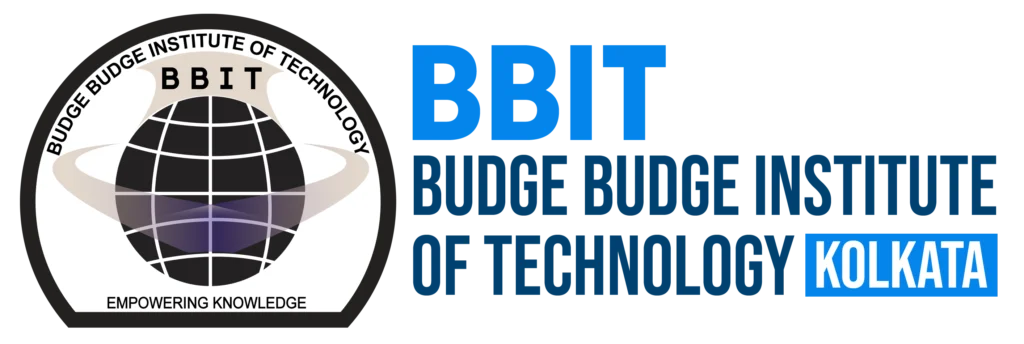The Impact of Renewable Energy Technologies on Engineering
The transition to renewable energy is one of the most significant shifts in modern engineering. As the world moves towards more sustainable energy sources, engineers are at the forefront of designing and implementing technologies that harness renewable energy. At BBIT College in Budge Budge, Kolkata, we are committed to educating the next generation of engineers in these cutting-edge technologies. This blog explores the impact of renewable energy on various engineering disciplines. 1. Solar Power Engineering Solar energy is one of the most widely adopted forms of renewable energy, and it has a profound impact on engineering: Photovoltaic Systems: Engineers design and optimize photovoltaic cells and panels to maximize efficiency and reduce costs. Solar Thermal Systems: These systems use sunlight to generate heat for residential, commercial, and industrial applications, requiring innovative thermal engineering solutions. Grid Integration: Engineers develop systems to integrate solar power into existing electrical grids, ensuring stability and reliability. 2. Wind Energy Engineering Wind energy is another critical area where engineering plays a vital role: Turbine Design: Mechanical and aerospace engineers design wind turbines to maximize energy capture and withstand harsh environmental conditions. Aerodynamics: Understanding the aerodynamics of wind flow is essential for optimizing turbine performance and efficiency. Structural Engineering: Engineers ensure that wind turbines and their supporting structures are safe, stable, and capable of withstanding extreme weather conditions. 3. Hydroelectric Power Engineering Hydropower is a well-established renewable energy source with significant engineering challenges and opportunities: Dam and Reservoir Design: Civil engineers design dams and reservoirs to harness the energy of flowing water while minimizing environmental impact. Turbine Engineering: Mechanical engineers develop efficient turbines that convert the kinetic energy of water into electricity. Environmental Impact Mitigation: Environmental engineers work to minimize the ecological footprint of hydroelectric projects, ensuring sustainable development. 4. Biomass Energy Engineering Biomass energy involves converting organic materials into energy, and it requires innovative engineering solutions: Biofuel Production: Chemical and process engineers develop methods to convert biomass into biofuels, such as ethanol and biodiesel. Waste-to-Energy Systems: Engineers design systems that convert agricultural, industrial, and municipal waste into usable energy. Sustainable Agriculture: Agricultural engineers work on sustainable farming practices that provide biomass feedstock without compromising food security. The Future of Renewable Energy Engineering at BBIT College At BBIT College, we recognize the critical role that renewable energy will play in the future of engineering. Our programs are designed to equip students with the knowledge and skills necessary to drive the adoption and implementation of renewable energy technologies. By fostering innovation and sustainability, we are preparing our graduates to be leaders in the transition to a cleaner, greener energy future. Join us at BBIT College as we explore the exciting possibilities of renewable energy engineering and contribute to building a sustainable world for future generations.




